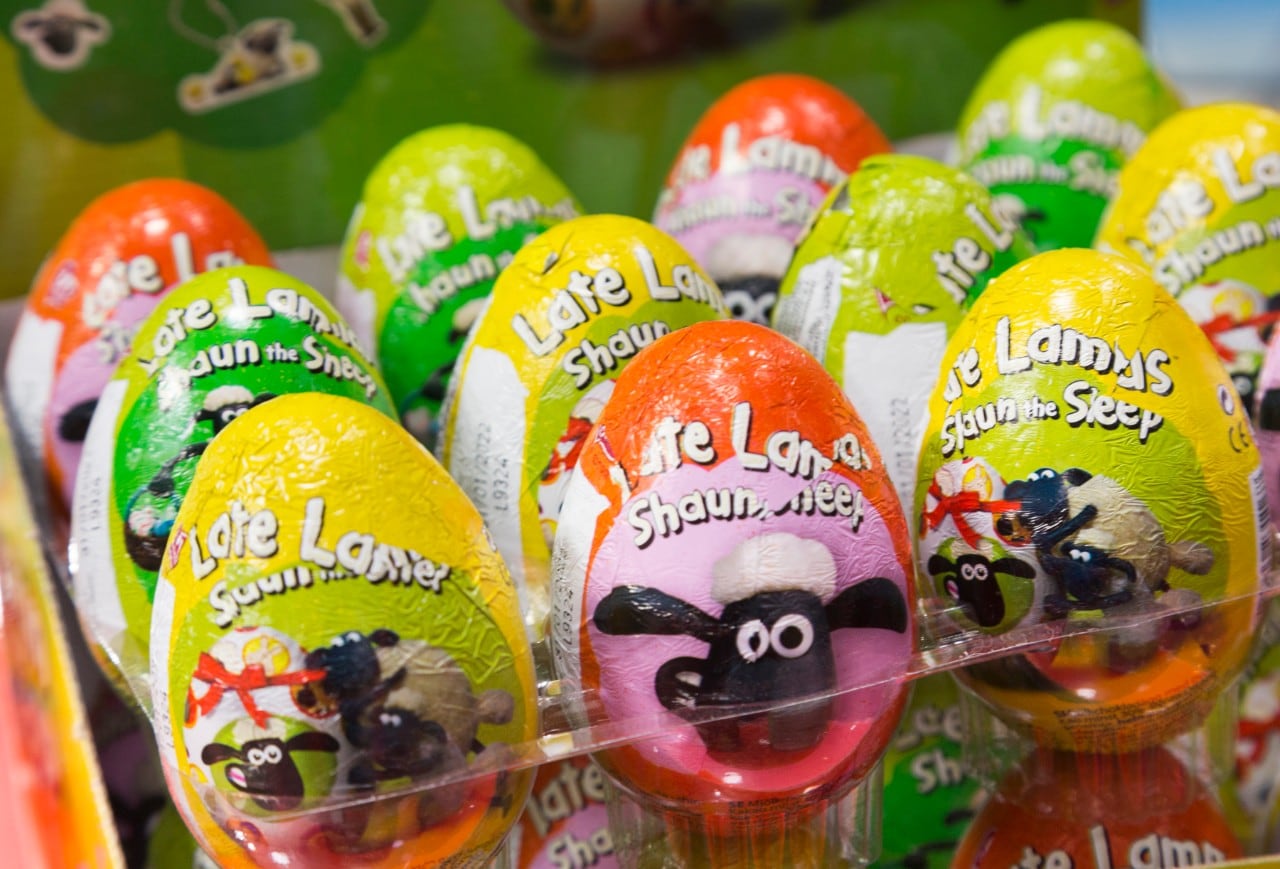The Federal Association of the German Confectionery Industry (BDSI) has called once again for a voluntary labelling system on nutritional information on the front of food packaging.
It says it welcomes and supports the initiative to introduce a visualizing nutritional labelling model to enable consumers to make the correct choice when buying food, in the run up to the publication of the European Commission's Farm-to-Fork strategy.
Crucially, BDSI believes that a future front-of-pack labelling system harmonized in the EU ‘must remain voluntary, strictly scientific, non-discriminatory and do justice to the complexity of nutrition and nutritional recommendations’.
“What companies need during and after the coronavirus crisis is relief, rather than fresh new burdens. That is why a new food labelling system must remain voluntary,” said Bastian Fassin, chairman of the BDSI.
"Small and medium-sized companies in the German confectionery industry will no longer be able to meet new regulatory requirements such as the conversion of all packaging."
He said a recent survey by the BDSI of its more than 200 member companies had shown that the German confectionery industry had deteriorated significantly due to the crisis and the associated drop in orders and exports.
Results also showed 73% of companies rate the current business outlook as more difficult than last year.
The BDSI said it demands that different labelling models should be examined by the EU Commission. “It is crucial that consumers can draw clear conclusions about the contribution that food makes in terms of energy and nutrient content,” it said.
A mooted Nutri-Score label, at European level, has been withdrawn after the proposal received lukewarm response from consumers. Across the EU, only 111,475 signatures were collected for the introduction of the Nutri-Score, around 10% of the total needed for the scheme to proceed.



